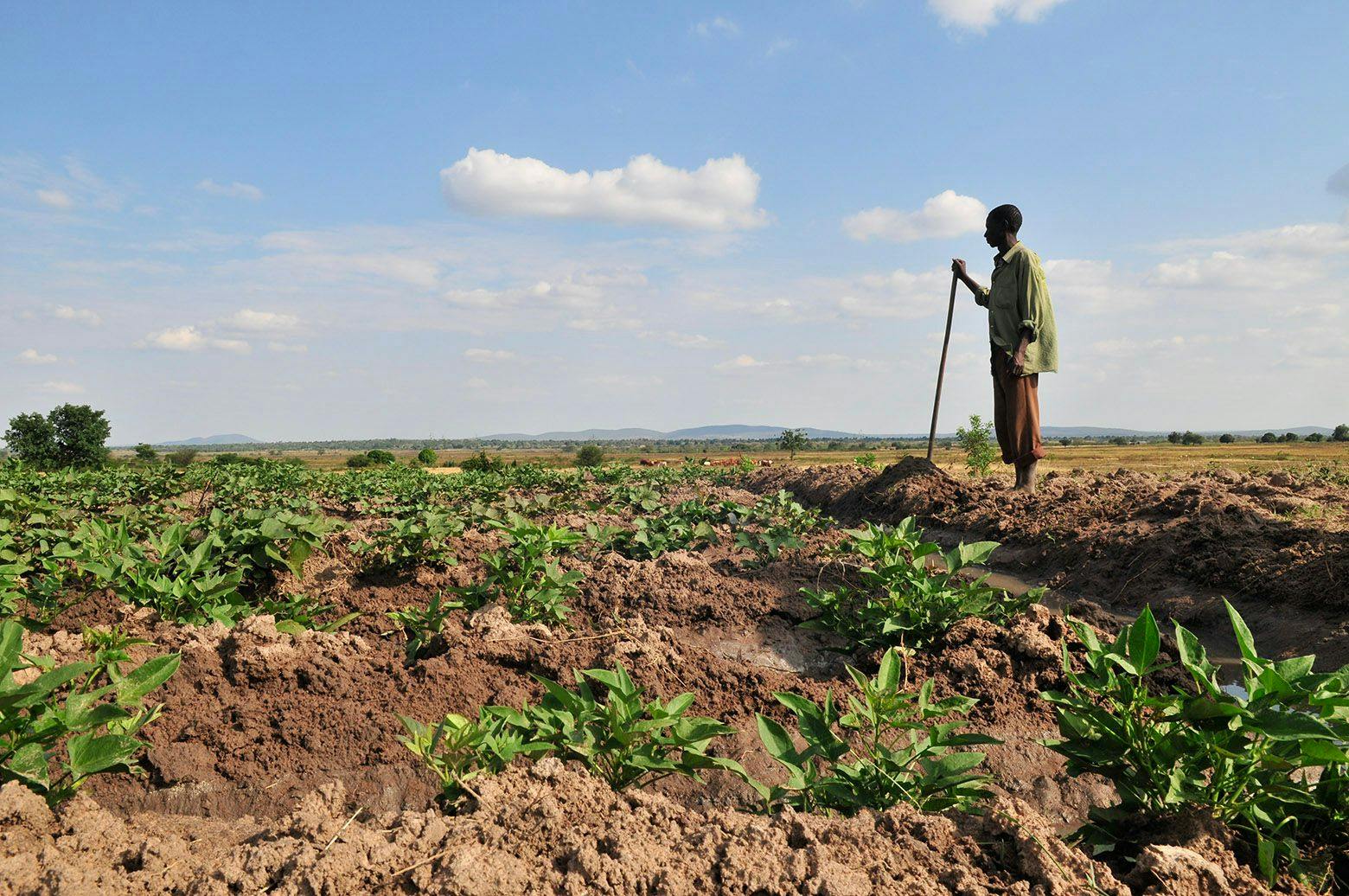Synopsis
The Adaptation Atlas, with its insights on the efficacy of on-farm practices under various conditions, equips local government authorities with the data needed to formulate evidence-based climate change response plans.
Use Case: Empowering local governance with actionable information on adaptation options for climate action
Stakeholder Group: Government
Impact: Shape policy
KPI: 3 plans influenced
Geography: Kenya

Image credit: ©2013CIAT/NathanRussell
Locally relevant data
Counties across Kenya have been proactively developing strategies to make agriculture resilient to climate change. Local government authorities, in collaboration with multi-stakeholder platforms, have used insights from the Evidence for Resilient Agriculture (ERA) dataset, a portion of which is highlighted in the “On-farm Solutions for Today” spotlight. These strategic efforts were primarily aimed at dissecting and understanding the impacts of various management practices on crop yields and resilience across diverse Kenyan agroecosystems (i.e., agroecological zones).
By integrating these data, counties were able to craft tailored adaptation plans that were not only specific to their unique agricultural landscapes but also grounded in empirical evidence. These plans outlined actionable steps and interventions designed to enhance agricultural resilience, productivity, and sustainability. Furthermore, they consider the socio-economic dimensions of agricultural adaptation, ensuring that the proposed strategies are viable and beneficial for the local farming communities. The emphasis on local specificity and evidence-based decision-making marks a significant shift towards more informed and effective climate adaptation efforts at the county level.
Partners
Kenyan Ministry of Agriculture, Livestock, Fisheries, and Irrigation, Climate Change Unit; governments of Nyeri, Taita-Taveta and Kajiado counties; FAO–Kenya; United States Department of Agriculture–Foreign Agricultural Service; International Center on Tropical Agriculture (CIAT).